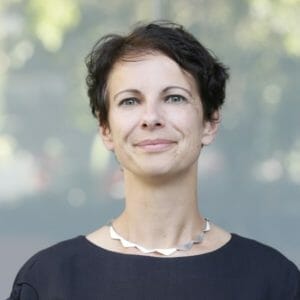
Bowman helping Phoenix become a top tech-driven “smart region.”
Although the work is inherently multifaceted and complex, The Connective’s overarching goal is simple: to work together in implementing technology to improve the quality of life for people living and working in the Greater Phoenix region.

Event: The overlooked role of tech in the sustainability movement
Join by Zoom August 11. Engineers today are increasingly asked to produce sustainable designs, products, and infrastructure. But what is meant by sustainability, and what is the role of the engineer in this domain?

Mapping the nexus of economic growth, inequality and environment
There is a clear pattern on the role of reduced inequality in positively affecting environmental and economic trajectories, according to a new paper by sustainability scientists Datu Buyung Agusdinata and Rimjhim Aggarwal.
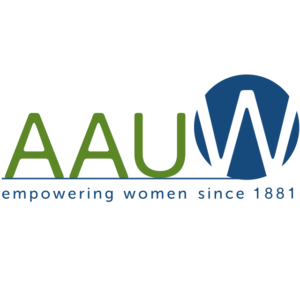
Hsueh awarded AAUW American Fellowship
The fellowship supports sustainability scientist Lily Hsueh's work on her book-in-progress, which examines the demand for, and supply of, global businesses’ climate action, across levels of governance, sectors, and in developed and developing countries.
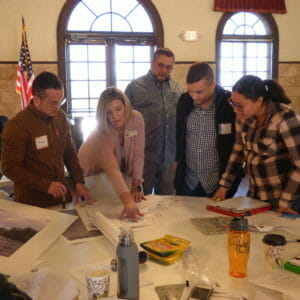
Call for projects: Project Cities seeks solutions-focused class projects
Bring project-based learning into your classroom with support from ASU Project Cities. This university-community partnership model offers ample opportunities for meaningful, applied research. This year's city partners are Peoria and Clarkdale.
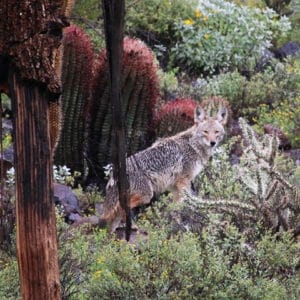
Join #BackyardBiodiversity, social media campaign
Biodiversity is all around us! Even in urban settings, we can observe a variety of interesting species of plants and animals, each serving a unique role in our ecosystems. To
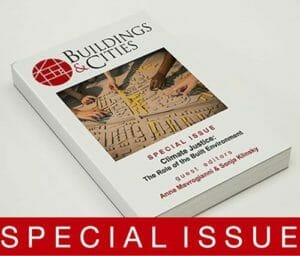
Klinsky edits special issue integrating climate justice, built environment
Together with a UK architect, sustainability scientist Sonja Klinsky has edited a special issue of Buildings & Cities that explores the concept and relevance of climate justice in relation to the built environment.
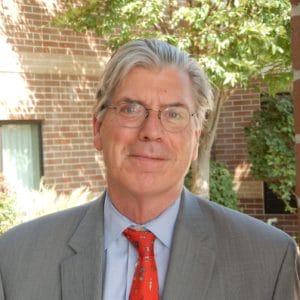
Wednesdays from Washington: Food and ag trade insights with Joe Glauber
The final day of our DC immersion brought the exciting opportunity to speak with Joe Glauber, who spent 30 years at USDA – including 6 as chief economist – before assuming his current posts as senior research fellow at the International Food Policy Research Institute (FPRI) and visiting scholar at the American Enterprise Institute (AEI).[1] An expert on global trade, Glauber delivered a compelling overview of U.S. agricultural consolidation, before enlightening us with his perspective of the Trump administration’s farm and trade policies.
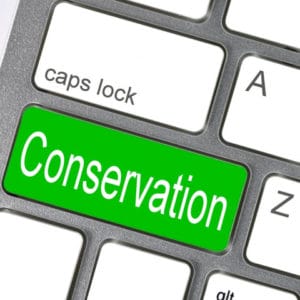
A business guide for biodiversity conservation
A new publication co-authored by ASU Center for Biodiversity Outcomes founding director Leah Gerber illustrates a pathway for the private sector to assess their biodiversity performance and demonstrate responsible management
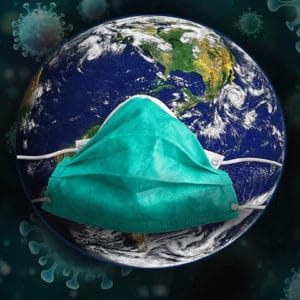
Protecting nature, our best shot against pandemics
ASU Center for Biodiversity Outcomes Founding Director Leah Gerber recently published an op-ed in Mexican newspaper El Universal titled “Protecting biodiversity: our best shot to prevent the next pandemic.” In

Strengthening supply chain in Africa
In many places around the world supply chain gaps prevent goods from reaching their intended market and the people who need and rely on them. Supply chains include the system
July 13-27: African Commons web-conference
School of Sustainability Professor Marco Janssen is one of the co-chairs of the African Commons web-conference that is being held from July 13-27. The conference is freely available online and